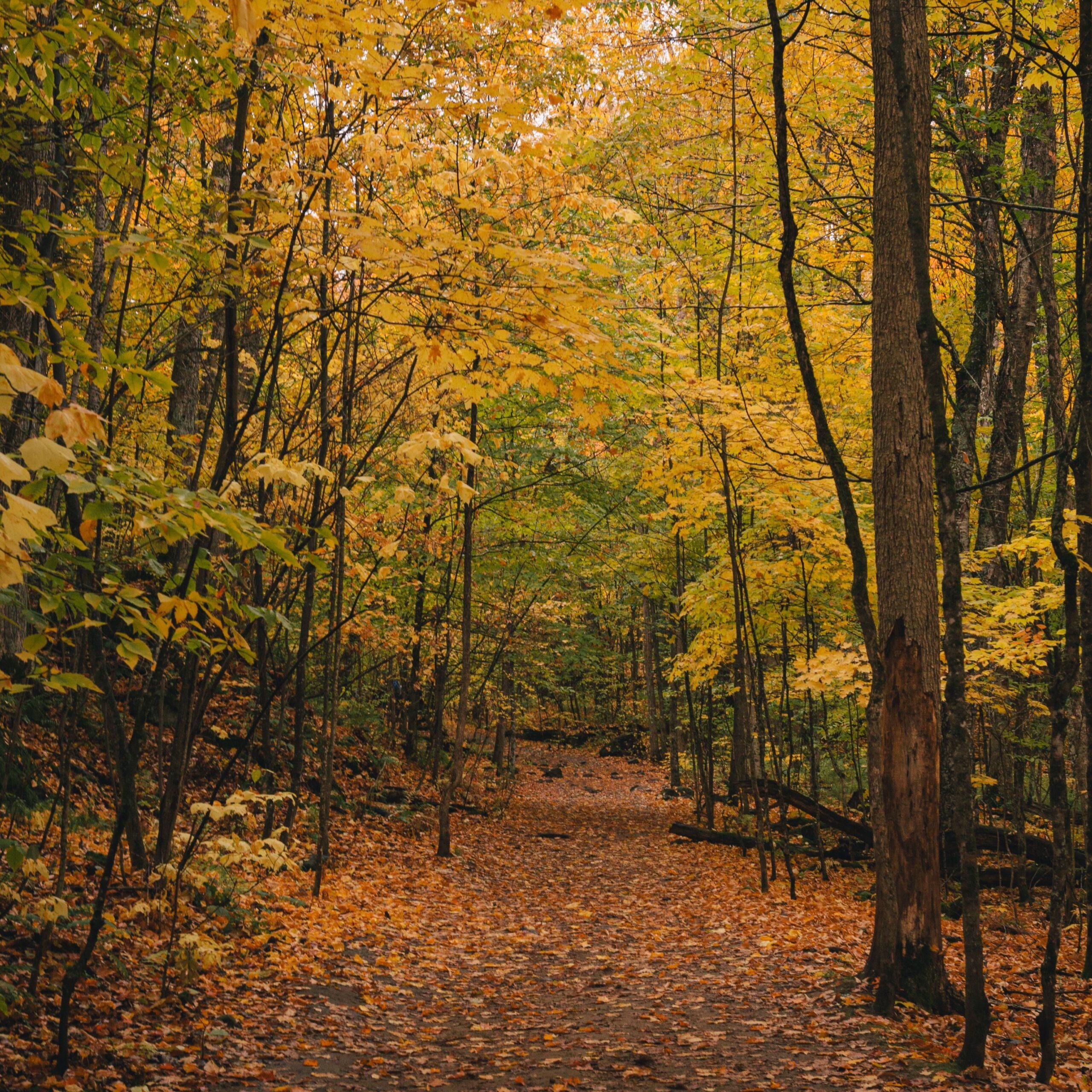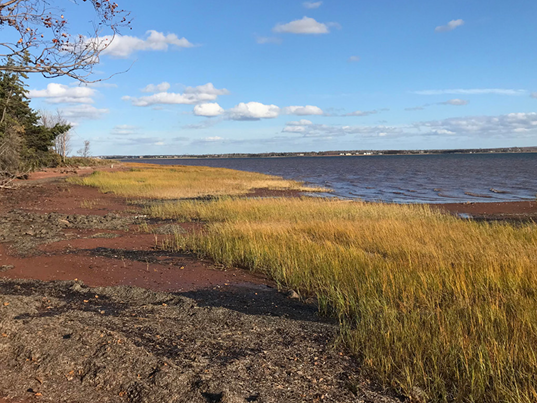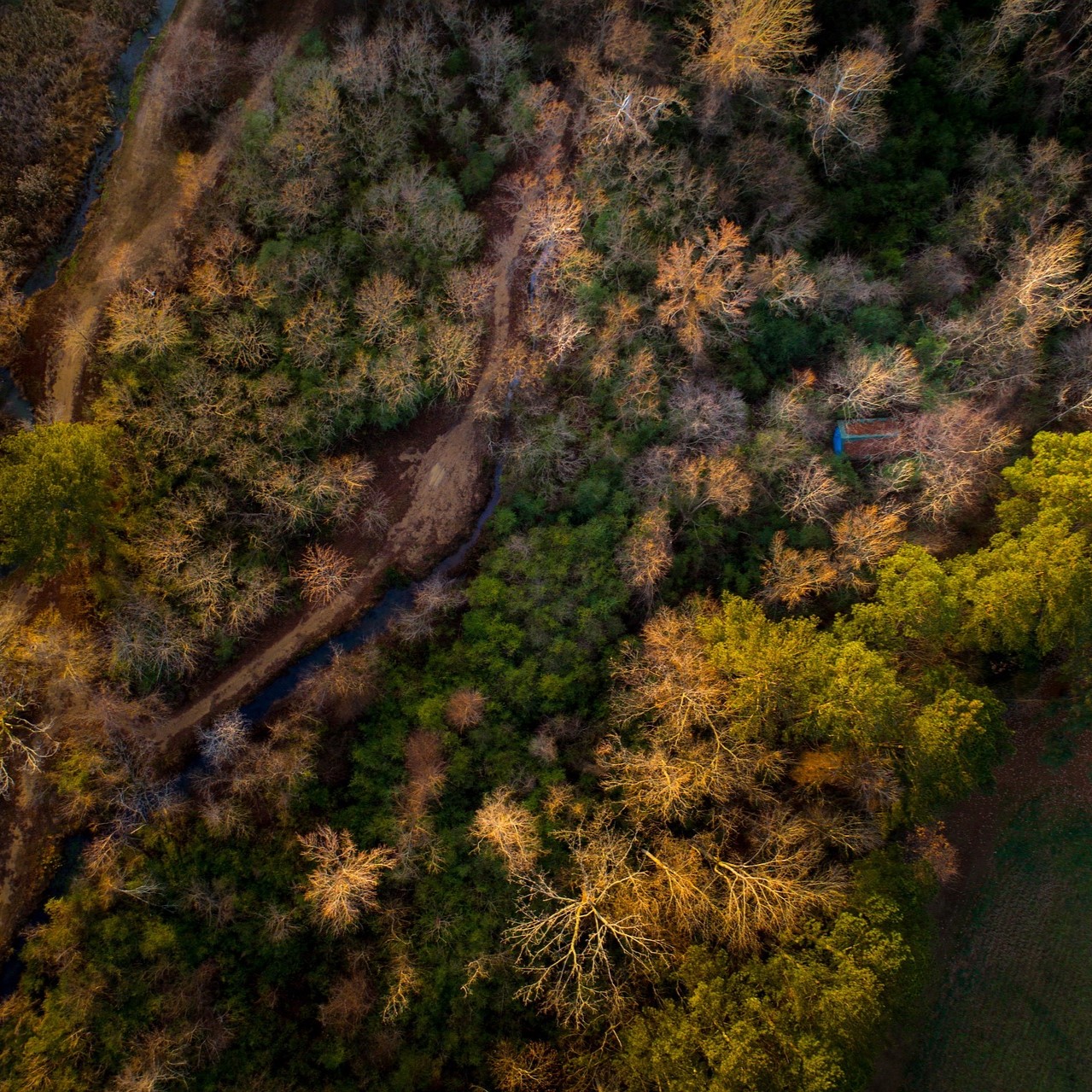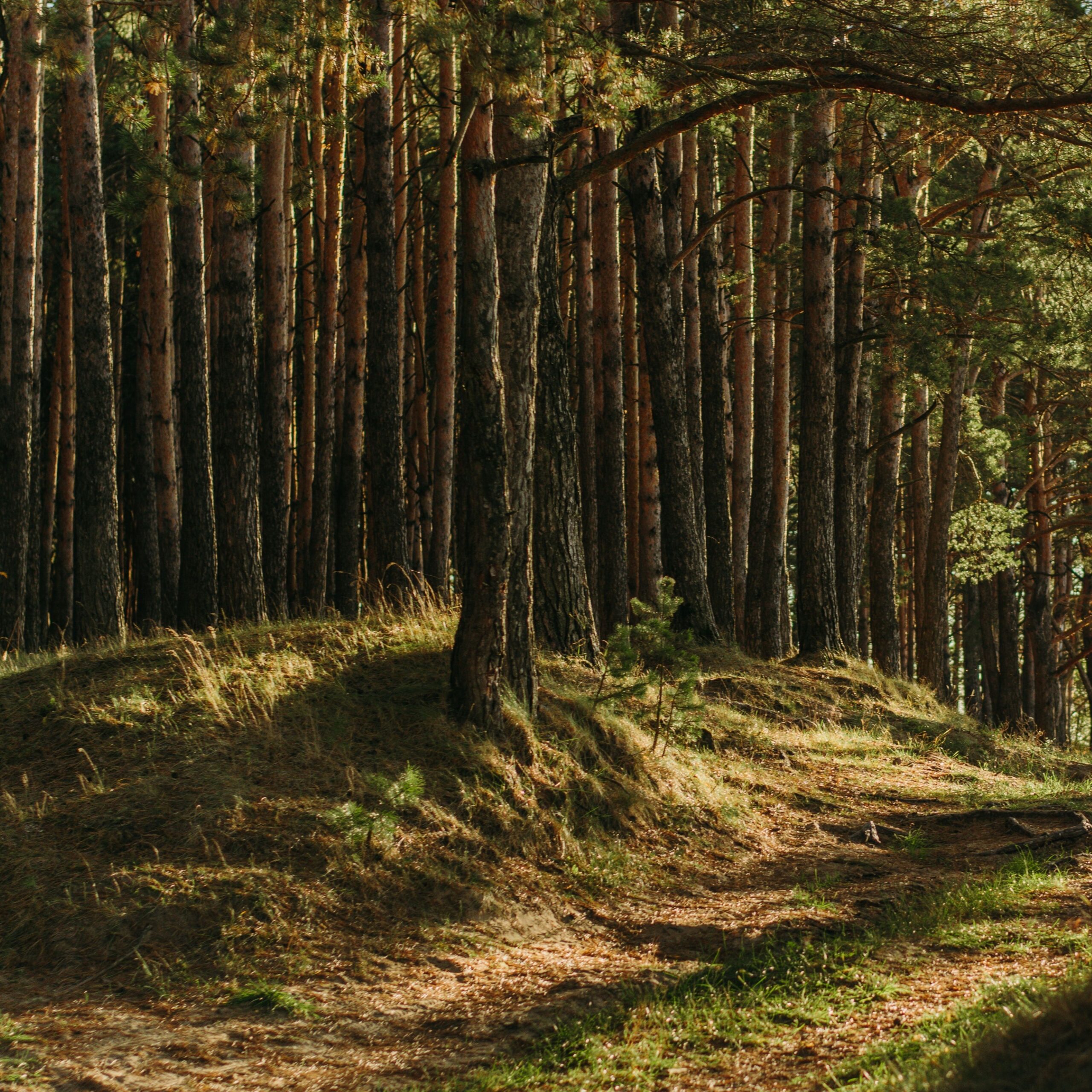Webinar: Adaptation of Silviculture Practices to Climate Change
Presented by François Hébert (DRF), research scientist at the Direction de la recherche forestière (Forest research branch) of the Ministère des Ressources naturelles et des Forêts du Québec (Quebec’s Ministry of Natural Resources and Forests), this webinar focuses on the adaptation of silviculture practices to climate change. François discusses his research projects, each one addressing one climate risk and one strategy to manage this risk.
Shift Storm, a Newsletter focused on Jobs for a Climate-Changed Economy
The Shift Storm newsletter from the Canadian Centre for Policy Alternatives can help you make sense of it all. Edited by CCPA senior researcher Hadrian Mertins-Kirkwood, this monthly newsletter recaps the latest developments in work and climate from Canada and around the world. Follow along for summaries of key research and discussions of burning issues facing workers in a shifting climate.
Mobilizing Natural Assets Management (NAM) knowledge with Planners
Mobilizing NAM knowledge with Planners report shares experiences and opinions on the planning and implementation of natural infrastructure (NI) and natural assets management (NAM) with insights on starting point for immediate action, the leverage point required to change professional norms, and partnership opportunities that build collaboration.
Webinar: Using Climate Data & Models in Forest Management
Learn about the opportunities and challenges associated with forest management and climate change, with a focus on how climate models can be used to visualise and support the development of long-term adaptation and mitigation strategies in forest environments to address climate risks.
Upskilling for Canada’s Climate Transition
Upskilling for Canada's Climate Transition is an initiative of Resilience by Design Lab, a partner in CanAdapt. This applied research is conduced in collaboration with Academy for Sustainable Innovation and is funded by Future Skills Centre - Centre des Competences futures. Check out preliminary research and reflections on the question, Is Continuing Education Ready to Upskill the Workforce to Take Climate Action?
New Frontiers Podcast: Project Management for a Changing Climate
Project managers across a range of project types and industries need to be prepared for climate change in their project plans. Climate Change poses new types of project risks that could affect project timelines, budget, and outcomes (e.g., supply chain disruptions due to storms and permafrost melt; infrastructure risks due to unusual weather events causing flood damage; functions and outcome of projects).
Webinar: Quantifying the Adaptive Capacity of Tree Species and Implications for Silviculture
Recent evidence indicates that the migration rate of tree species will not be sufficient to follow their suitable climate under climate change scenarios. Accordingly, research interests now focus on the capacity of local tree populations to persist in place and cope with the expected environmental change in the next decades, i.e. their adaptive capacity. This webinar gives an overview of an approach to quantify the adaptive capacity of Canadian tree species based on four axes of adaptation.
Webinar: Integrated Assessment of Canadian Forest Vulnerability to Climate Change
Learn about the recent advances in the quantification of three vulnerability components in Canadian forests and discover what this means for developing “climate friendly” silvicultural practices in this webinar.
Tracking Climate Change Effects in the Canadian Forest
Watch this webinar to learn about two products of the Canadian Forest Service (CFS) Forest Change Project which aim to increase awareness of on-going climate-induced changes and inform decision-making around the adaptation of the forest sector.
Webinar: How Might Climate Change Affect Forest Growth And What Can We Do About It?
In this webinar, learn how might climate change affect forest growth and what can we do about it?










